Vietnam is not the first country in the world to have a passport that does not record place of birth.
Place of Birth (POB) has always been regarded as one of the most important pieces of information recorded in passports of countries today. Without this information, some countries may refuse to accept the passport or even deny entry at the border. Recently, Germany announced that it would stop issuing visas for the new Vietnamese ordinary passport due to the absence of a place of birth field.
Why is Place of Birth Important in a Passport?
There are two pieces of information that can never change to identify a person: Date of Birth and Place of Birth, regardless of how many passports are issued by different countries.
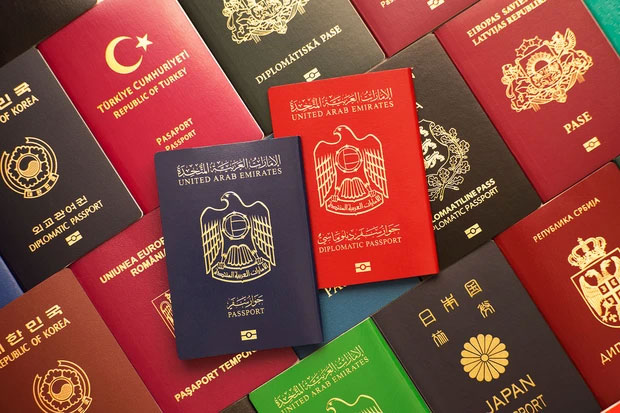
Most countries today still include Place of Birth information in passports, but not all
The absence or emptiness of the place of birth is often considered a security threat because individuals can more easily conceal their identities if local authorities do not know their place of birth. The place of birth field, along with Name, Surname, Date of Birth, and biometric information (fingerprints, blood type, facial features, etc.), is included in the international database of known suspects and terrorists.
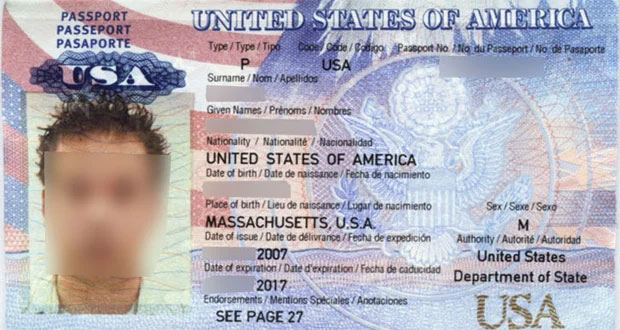
The US passport requires the Place of Birth to be stated
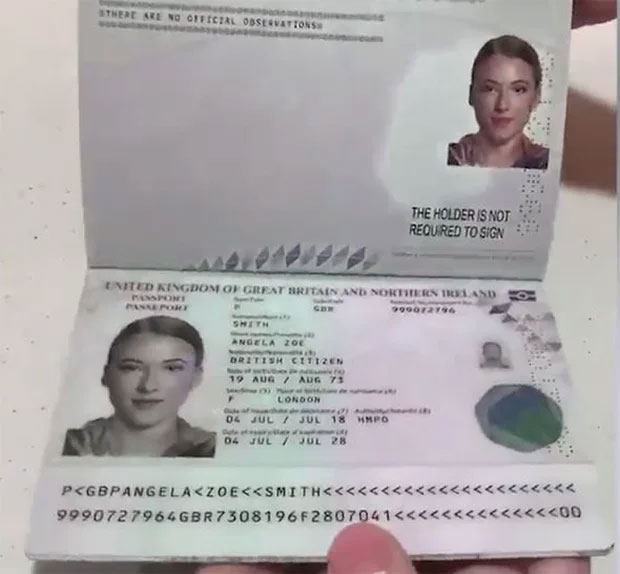
The UK passport also includes Place of Birth
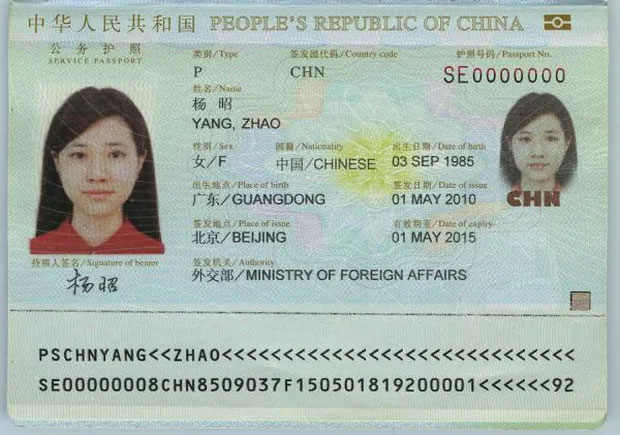
The Chinese passport includes Place of Birth
According to an announcement from the German Embassy on July 27, the German Interior Ministry has temporarily not recognized the new Vietnamese passport because the lack of place of birth makes it impossible to clearly identify the passport holder, especially in many cases of shared surnames. For the authorities in Germany, it is not possible to find the place of birth through the identification number in the passport.
Is Place of Birth Information Mandatory in Passports?
The International Civil Aviation Organization (ICAO) sets common standards for passports, and according to ICAO, including Place of Birth is optional. ICAO also stipulates that when deciding whether to include or omit Place of Birth, the country or organization issuing the passport must consider all information and sensitive political activities of the passport holder.
In the United States, a proposal to remove place of birth information from passports was once submitted to Congress due to concerns that some American citizens born abroad might be more susceptible to political harassment, racial discrimination, or physical violence because of their place of birth.
In 1986, Canada was the first country in the world to allow its citizens the option to remove their place of birth from their passports. Those who wish to omit this information must submit a request and receive approval from the authorities. In practice, relatively few Canadian citizens have made this request.
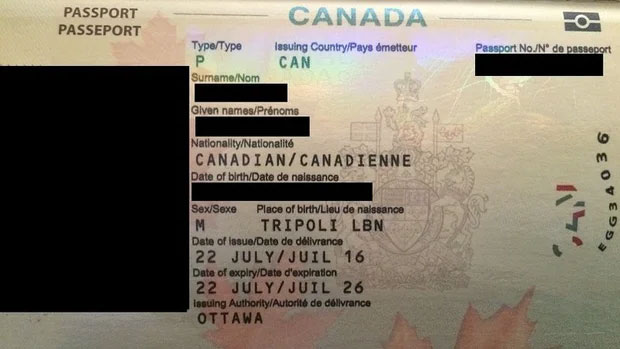
Canadian passports still state Place of Birth, but citizens have the right to omit this section
Some Countries Do Not Include Place of Birth in Passports
Currently, there are several powerful passports in the world that do not have a place of birth field, similar to the new Vietnamese passport, notably South Korea and Japan. The place of birth is not considered overly important in the identification and citizen management systems of these two East Asian countries. Japan currently holds the most powerful passport in the world according to data from the International Air Transport Association (IATA).
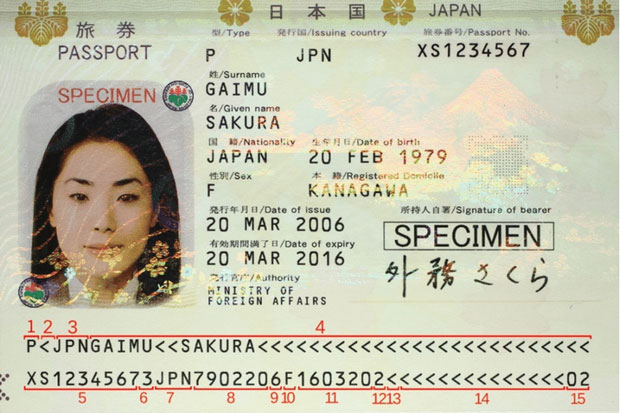
Japanese passport
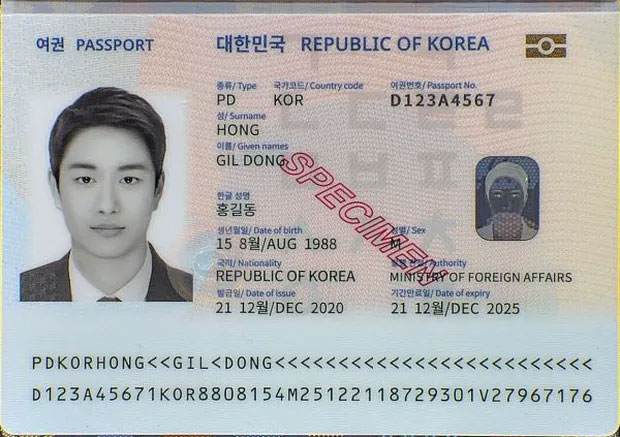
South Korean passport
Switzerland also does not record Place of Birth in its passport but only has a field for Place of Origin. Saudi Arabia is another country that no longer includes this information in its passports.
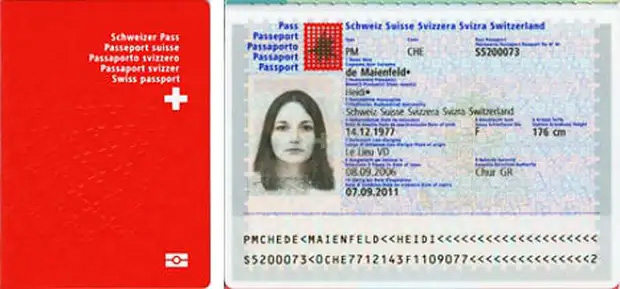
Swiss passport
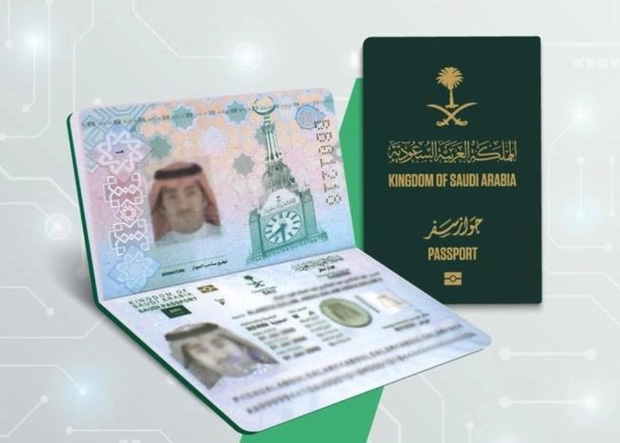
Saudi Arabian passport
Canada is also one of the legal countries that allow the omission or removal of place of birth information in passports and travel documents, but the Canadian government also warns that the lack of this information can cause many issues.
In 2016, the Norwegian government replaced the place of birth section with “place of birth not specified” in the passports of naturalized citizens from 31 Asian and African countries. This regulation aims to protect naturalized citizens from racial discrimination.


















































